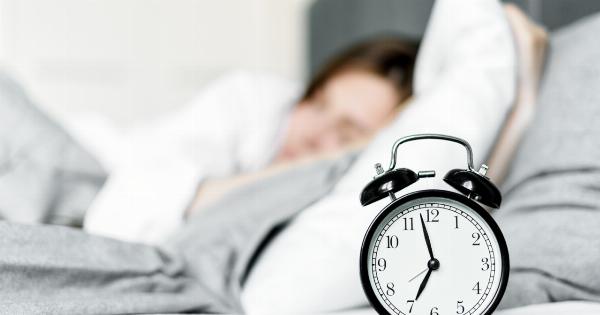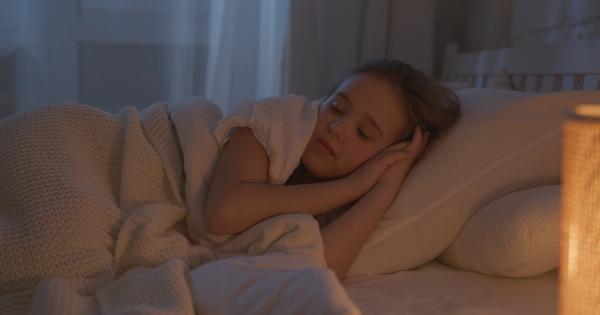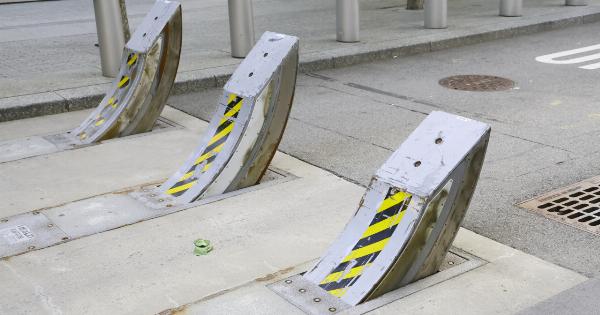Nocturnal enuresis, commonly known as bedwetting, is a condition that affects both children and adults. It is defined as the involuntary release or leakage of urine while asleep in children above the age of 5 years and in adults.
Bedwetting is not considered a medical condition until the age of 6 years or older.
Types of Nocturnal Enuresis
There are two types of bedwetting:.
Primary Nocturnal Enuresis
Primary bedwetting occurs when a child has never been dry throughout the night for more than six consecutive months, even after toilet training. It affects approximately 7% of children aged 7, and becomes rare in older children and adults.
Secondary Nocturnal Enuresis
Secondary bedwetting is the loss of bladder control after having a prolonged period of dryness, usually six months or more. Secondary nocturnal enuresis may be caused by an underlying medical condition or stress.
Causes of Nocturnal Enuresis
The cause of nocturnal enuresis can be due to a variety of factors:.
Genetics
Bedwetting can be passed down from generation to generation. Children whose parents wet the bed have a higher chance of becoming bedwetters themselves.
Developmental Delay
Sometimes, the bladder takes longer to develop and mature, which can result in bedwetting. The time it takes to mature can vary between children. Some may take longer than others.
Hormonal Imbalance
The hormone that regulates the production of urine, antidiuretic hormone (ADH), is produced less during the night in some children, making them prone to bedwetting.
Medical Conditions
Medical conditions such as infections in the bladder and urinary tract, sleep apnea, diabetes and constipation can all contribute to bedwetting.
Psychological Factors
Stressful situations, changes in routine or family dynamics, and anxiety can trigger bedwetting.
Small Bladder Capacity
Some children have small bladder capacity which requires them to urinate frequently and sometimes involuntarily.
Conclusion
Bedwetting is a common condition that affects both children and adults. Although its causes are varied, it can be eliminated through a variety of treatments, including medication, behavior modification techniques and therapy.
If you or your child suffer from bedwetting, it is important to talk to your doctor in order to identify the underlying cause and determine the appropriate treatment.






























